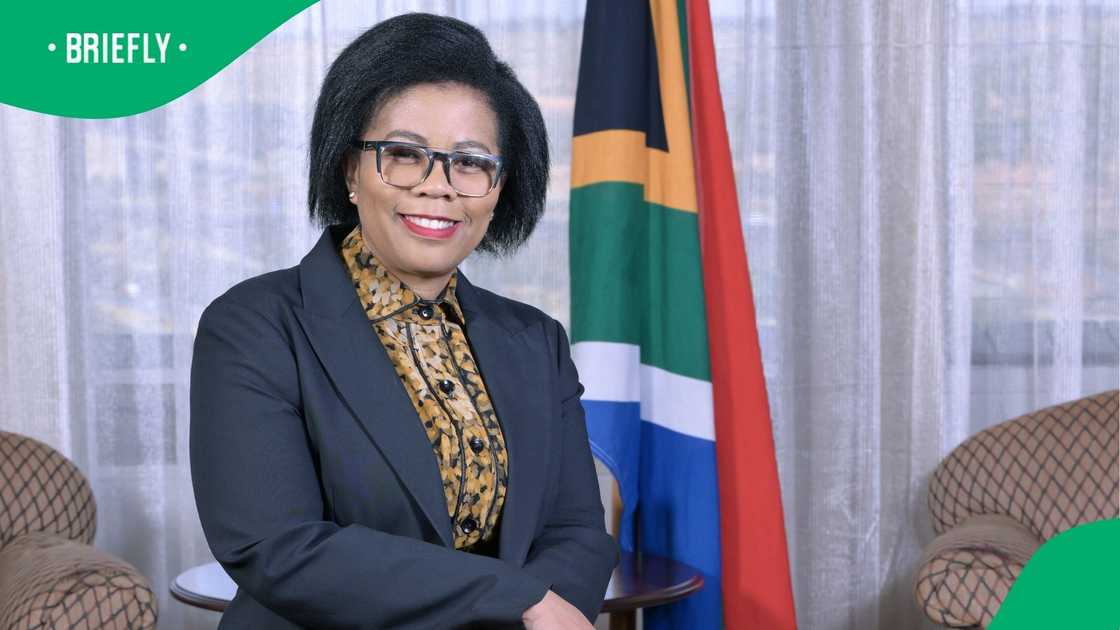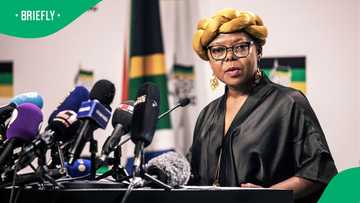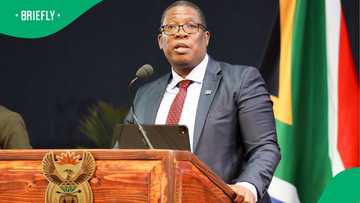Unisa VC: “Women Are Navigating Entrenched Resistance to Change”
Prof Puleng LenkaBula is a distinguished Feminist Ethicist with a PhD in Social Ethics (2006/2007). Since January 2021, she has served as the Principal and Vice-Chancellor of the University of South Africa (Unisa), making history as the first woman to hold this position in the institution’s 148-year existence and only the third Vice-Chancellor since South Africa’s democratic transition. She was the Deputy Vice-Chancellor for Institutional Change, Student Affairs and Engaged Scholarship at the University of the Free State. She also held a leadership role at the University of the Witwatersrand as the Dean of Student Affairs and a member of the Vice-Chancellor’s office.
Delivering the keynote address at a high-level Higher Education Resource Services South Africa gathering, Professor Puleng LenkaBula spoke strongly and passionately about the systemic barriers hindering women in their leadership trajectories.
On 4 May 2025, Higher Education Resource Services South Africa (HERS-SA) hosted Unisa Principal and Vice-Chancellor (VC), Professor Puleng LenkaBula, as keynote speaker at the Emerging Women Leader Programme (EWLP) for Women in Higher Education, themed Resilience and mental toughness: AI to enhance productivity and wellbeing, building resilience, and your personal journey to become the leader you are emerging to be. HERS-SA is a network formed to address the critical shortage of women in senior positions in the higher education sector.

Read also
Fikile Mbalula says ANC took DA's GNU threats seriously, Mzansi divided over coalition's future

Source: Original
At the start of her keynote address, the VC cautioned the women in attendance that if they do not demand justice in the university systems they are in, and in environments that undergird the work of universities and even science councils, they will find that the odds are stacked against them making significant progress.
Patriarchy perpetuated
The VC said that women intellectuals and leaders must attend to the perpetuated patriarchy that denigrates women and their leadership, and sometimes undermines their agency. She added:
PAY ATTENTION: stay informed and follow us on Google News!
“Even in the space of artificial intelligence, machine learning, and the digitisation systems that are central to how we run institutions, the grounding must at all times be constructive teaching and learning.
"Fight to reclaim your humanity, and ensure that the best practices at the institutions that you lead account for the students that we teach, but also for the National Development Plan, the African Union’s Agenda 2063, the United Nations’ Sustainable Development Goals, and the vulnerable people who are not often acknowledged in the society.”

Read also
ANC demands clarity on DA's Government of National Unity participation, SA divided over latest drama
Continuing, the VC told the audience to be wary of institutional barriers stacked against women, which, she said:
“Deny your growth, regardless of the position you are holding. Reclaim your agency – whether it be from your colleagues, your peers, management, or those who are in a position to determine your growth – while navigating these complexities, fault lines and contradictions. Continuously look for opportune moments that allow you to grow.”

Source: Getty Images
The myth of traditions
“For a long time,” said the VC, “universities were led by men or women from advantaged backgrounds, and therefore the ‘traditions’ have always been in their favour. If you do not have such privileges, you stand at a disadvantage.
"Therefore, it is very important to remain conscious of the contexts within which we work, and uplift others as we continue to uplift ourselves.”
The VC said that African women scholars must embrace artificial intelligence as a tool to advance scholarly practices, and it must be used ethically so that it does not undermine research outputs by students and staff.

Read also
Gauteng Premier removes 3 HODs for failing lifestyle audits, Mzansi thinks they'll be redeployed
Concluding, the VC urged the gathering to remain vigilant of any obstacles that seek to hinder their progress.
“As women leaders seeking to change the patriarchal system, you will find that it oftentimes remains entrenched and resistant to change.”
Disclaimer: The views and opinions expressed here are those of the author and do not necessarily reflect the official policy or position of Briefly News.
Source: Briefly News

